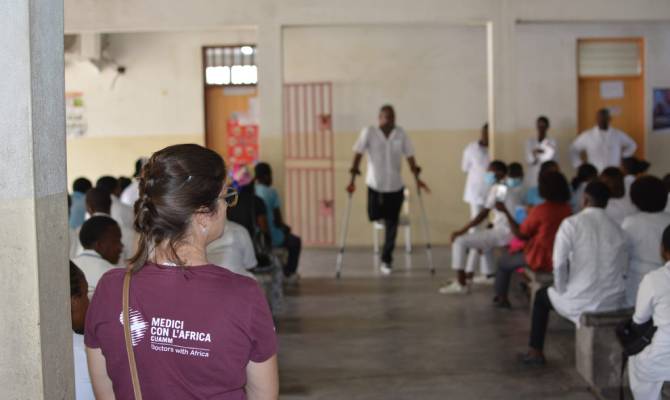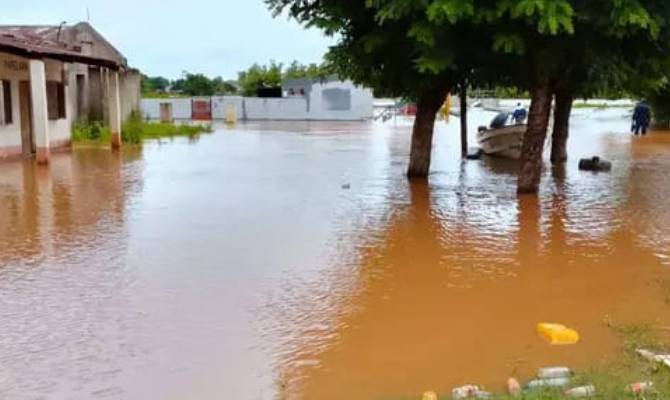“I was 45 when I received the diagnosis.
I remember the shock so vividly—it felt as though my whole world was collapsing, as if life as I knew it would never be the same. I prayed, and I cried. Then I faced reality, asked questions, and tried to understand how I could live with diabetes. Today, I want everyone to know that prevention truly saves lives, and that with diseases like diabetes, traditional medicine is not the answer.”
Rodolfo is an adult man whose life changed dramatically after his type 2 diabetes diagnosis—a diagnosis that ultimately saved him, but also cost him a leg and forced him to abandon his work in construction. Now, in Beira, Mozambique, he dedicates his time to helping others “so that no one has to face the diagnosis with the fear I felt a year ago,” he says.
Roughly 830 million people around the world live with diabetes, most of them in low- and middle-income countries. More than half receive no treatment at all.
In the WHO Africa Region, over 24 million adults aged 20 to 79 live with diabetes—a number expected to more than double to 60 million by 2050. Nearly half remain undiagnosed, silently facing escalating risks of severe complications, disability, and premature death. Over time, diabetes can damage the heart, kidneys, eyes, and nerves, with profound consequences for individuals, families, and communities (WHO, 2025).

If this trend is not reversed, it will overwhelm health systems, strain national economies, and erode hard-won development gains. While a diagnosis is no longer a life sentence and living with diabetes is increasingly possible, access to care and the ability to manage a chronic condition remain major challenges in the settings where we work.
In Mozambique, with financial support from the Italian Cooperation and in partnership with ACAP Sant’Egidio and AIFO, CUAMM is working across the provinces of Sofala, Zambézia and Maputo to reduce morbidity, mortality, and disability linked to non-communicable diseases, including diabetes. By supporting both hospitals and primary health centres—and maintaining a strong presence within communities—we strive to reduce risk factors, improve access to quality health services, and strengthen disease surveillance.
For World Diabetes Day, we engaged communities and local authorities in these three provinces, as well as in the northern province of Cabo Delgado, where an official ceremony was held in the city of Pemba with institutional representatives in attendance. On this occasion, CUAMM in partnership with UNFPA participated in a health fair offering essential services to the population.






